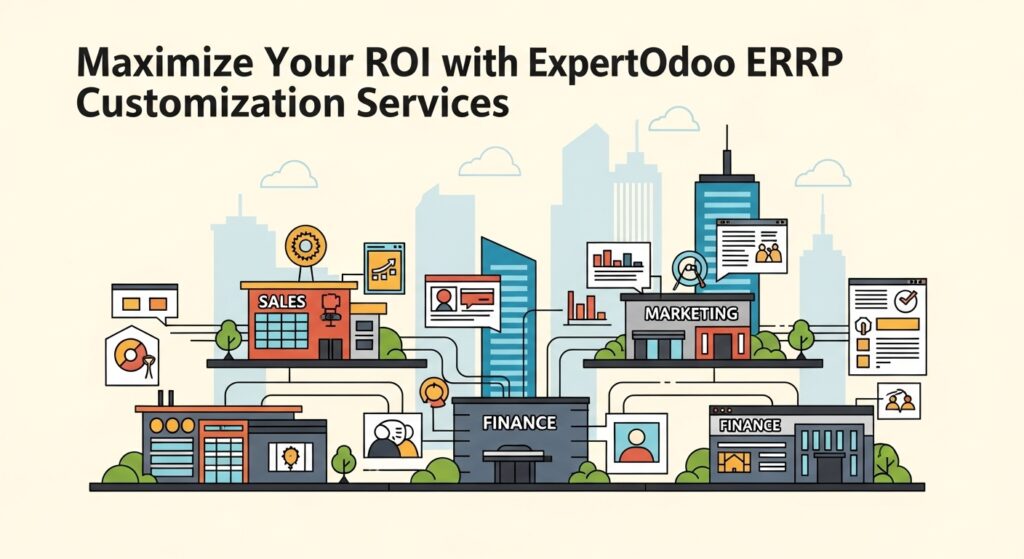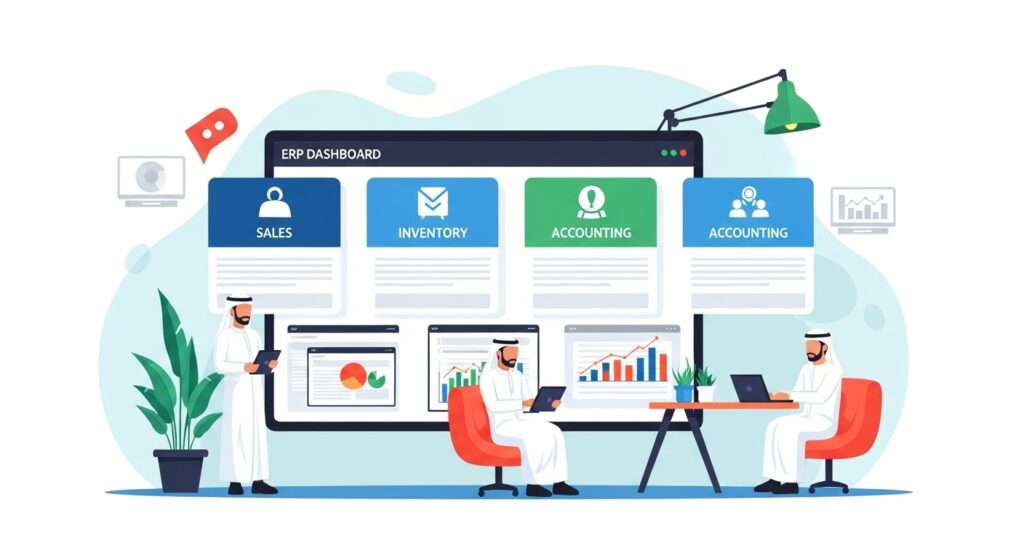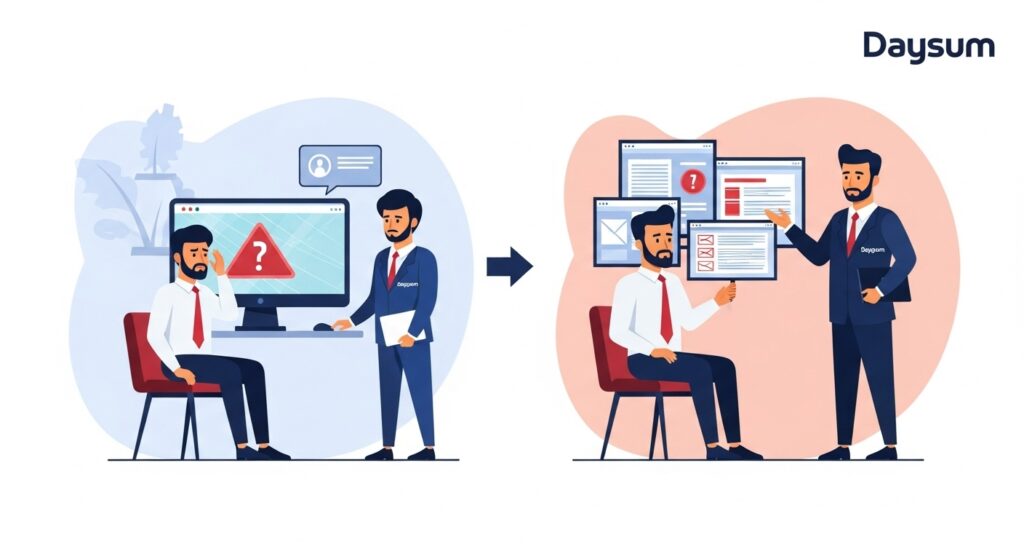
A Complete Guide to Smooth Odoo ERP Implementation
Why Implementation Defines ERP Success Implementing an ERP system is more than just installing software—it’s a transformation process. And when it comes to Odoo ERP, how you implement it directly impacts how much value you get out of it. With the flexibility and modularity of Odoo, a well-planned implementation strategy can improve efficiency, data visibility, and compliance—especially for companies operating in Saudi Arabia under evolving regulations like ZATCA. Let’s walk through a complete guide to make your Odoo ERP implementation a success from day one. The Six Stages of Odoo ERP Implementation A smooth rollout requires structured planning. At Daysum, we follow a proven six-phase methodology tailored to Saudi businesses: Common Pitfalls—and How to Avoid Them Without expert guidance, ERP projects can run into avoidable roadblocks: 🚫 Unclear goals – Set measurable KPIs before the project begins🚫 Lack of process mapping – You can’t automate what you don’t understand🚫 Underestimating training needs – Odoo is powerful, but only when your team knows how to use it🚫 Customization overload – Modify only when needed to stay upgrade-safe Partnering with a certified local Odoo expert like Daysum helps you navigate these risks with confidence. Role of Stakeholder Alignment A successful ERP project depends on more than just software—it requires internal buy-in. Here’s how to align your team: This alignment ensures smoother testing, faster adoption, and higher ROI. Realistic Timelines and Training Depending on your company size and complexity, implementation can take 4 to 12 weeks. Break it into achievable milestones: Training should never be an afterthought. At Daysum, we provide bilingual workshops, user manuals, and recorded sessions to empower your team from day one. How Daysum Handles Local Implementation Projects As a Saudi-based Odoo partner, Daysum delivers implementation services designed around the unique needs of KSA businesses. Our strengths include: ✅ Deep knowledge of ZATCA and Saudi labor regulations✅ Arabic-speaking project managers✅ Fast response SLAs for post-launch support✅ Scalable cloud and on-premise deployment options✅ Data residency compliance for sensitive sectors Whether you’re in retail, manufacturing, or services—we tailor Odoo for your sector and size. Budgeting and Long-Term Support An Odoo ERP implementation is an investment—but not one that should break your budget. Typical cost factors include: At Daysum, we offer transparent pricing packages and flexible support plans so you’re never caught off-guard. Post-implementation, we provide: Ready to Start? Let’s Talk ERP That Works for You Whether you’re moving from spreadsheets or replacing a legacy ERP, the right implementation partner makes all the difference. Book a free consultation with Daysum today to see how Odoo can streamline your operations—and how we’ll make sure it’s done right. 👉 Get started with expert Odoo ERP implementation built for Saudi businesses.







